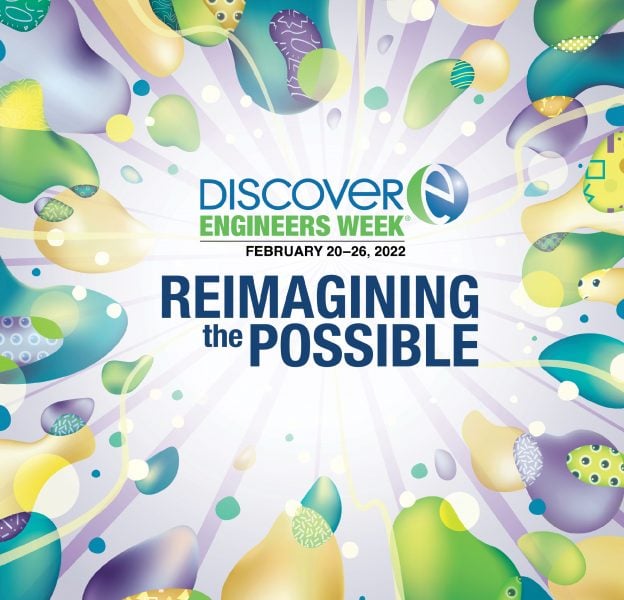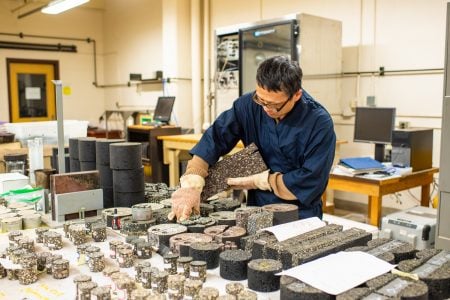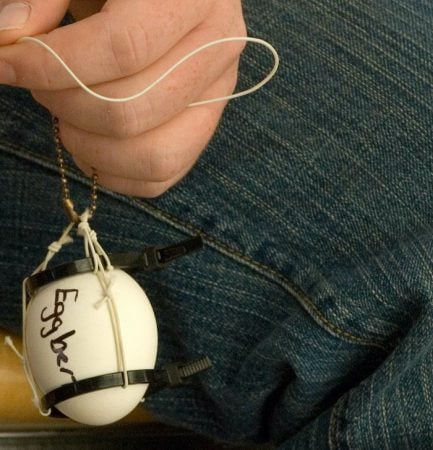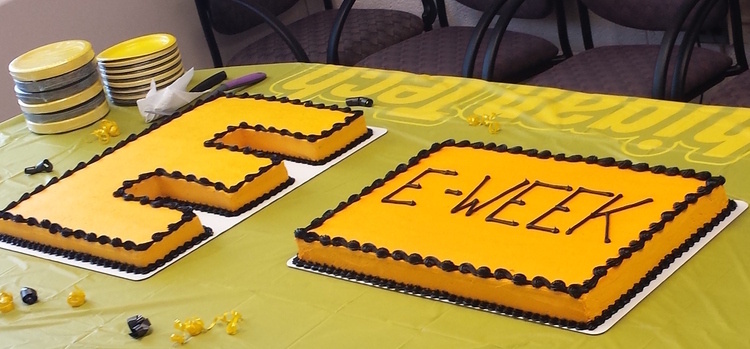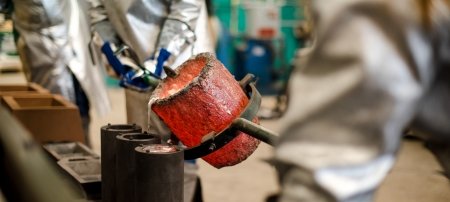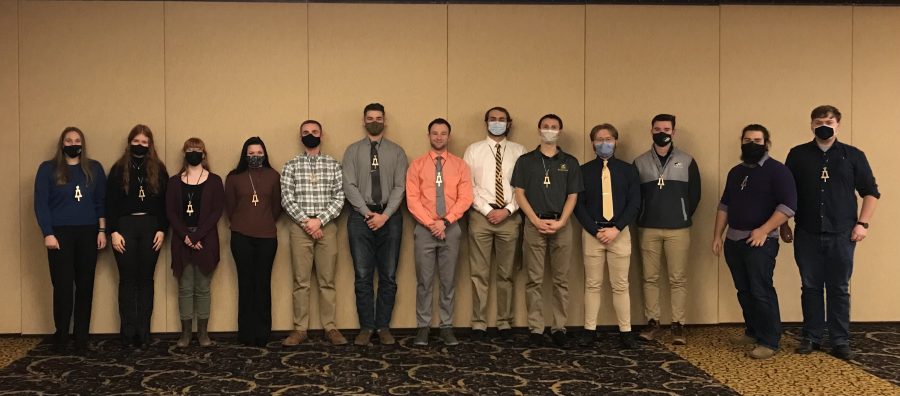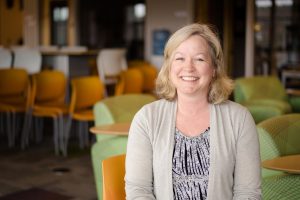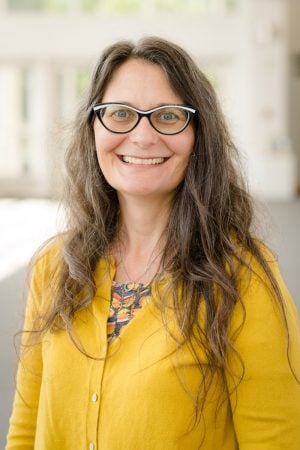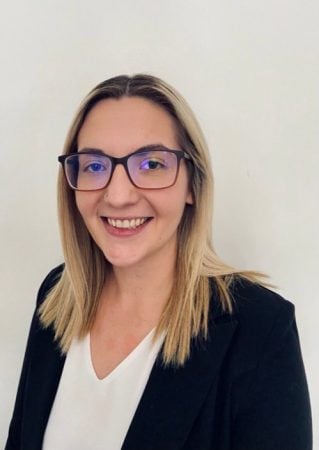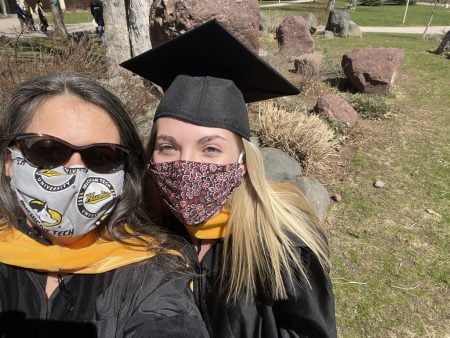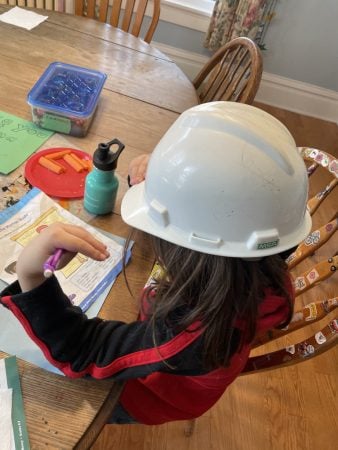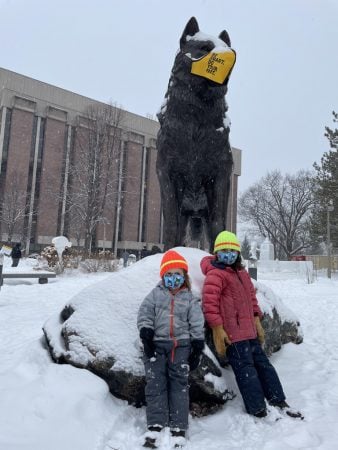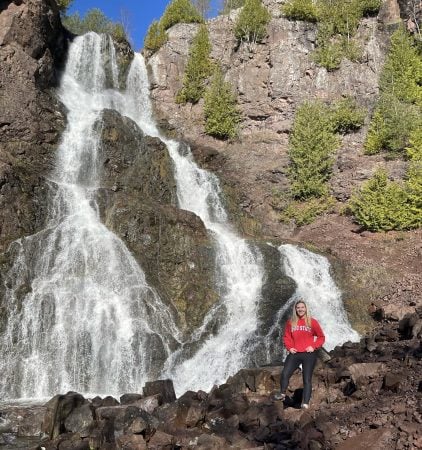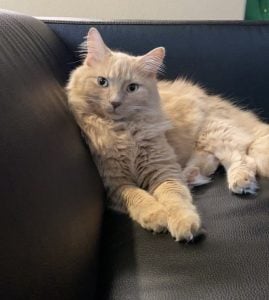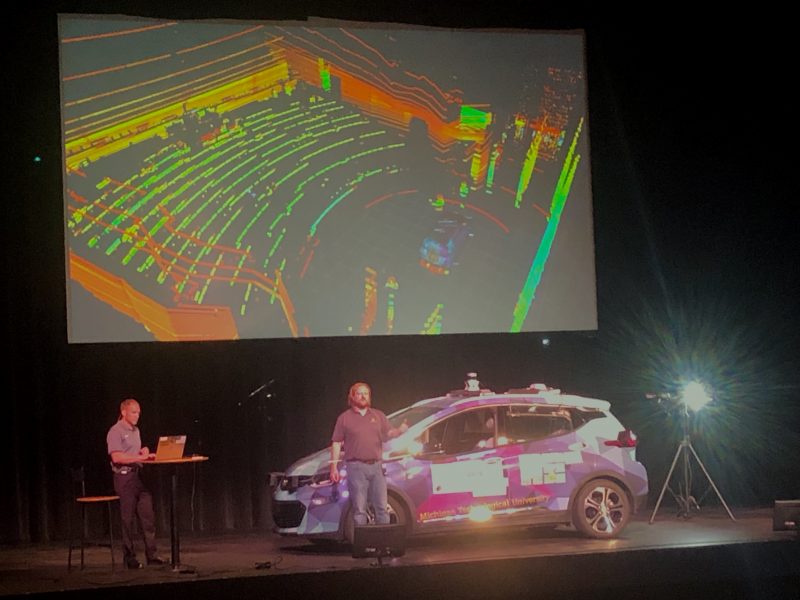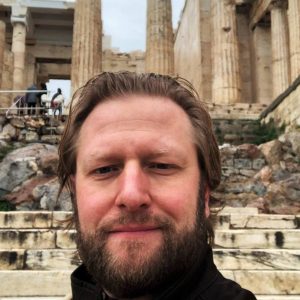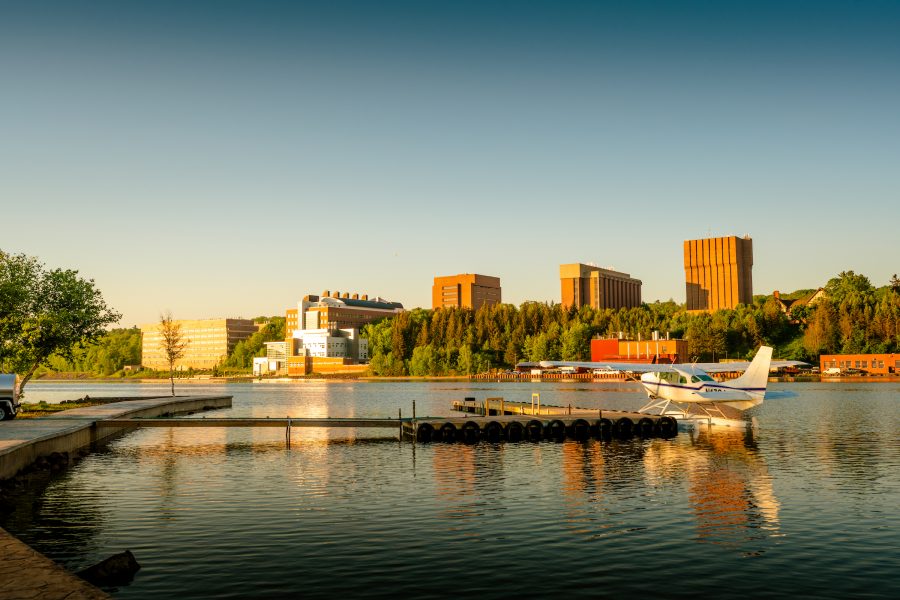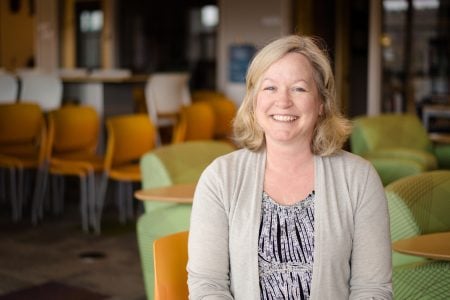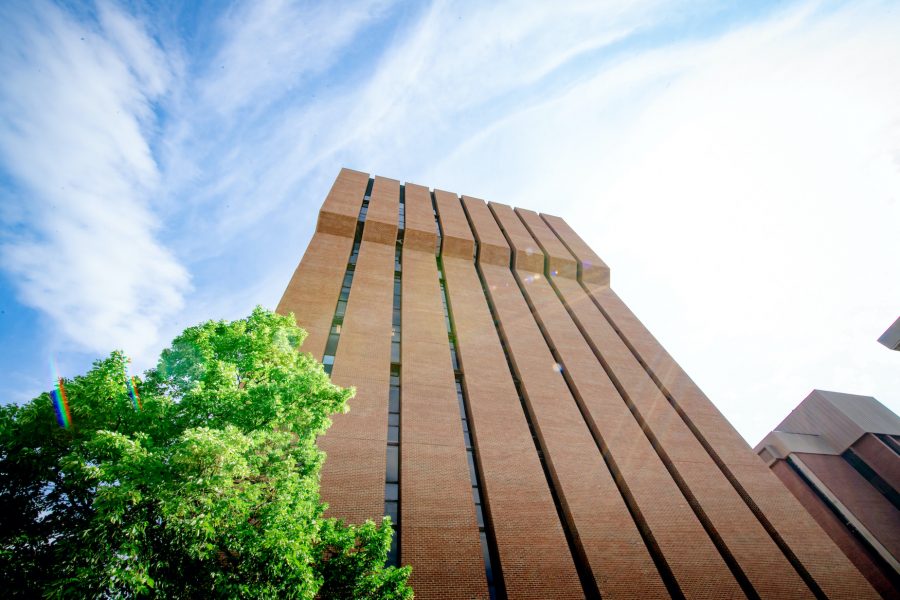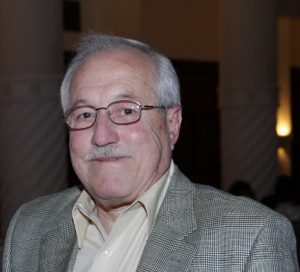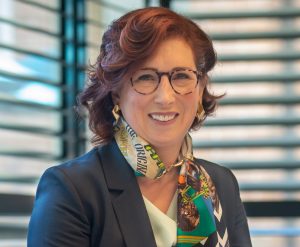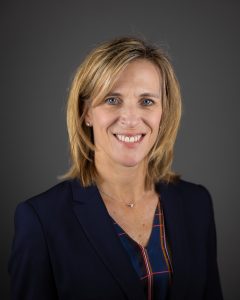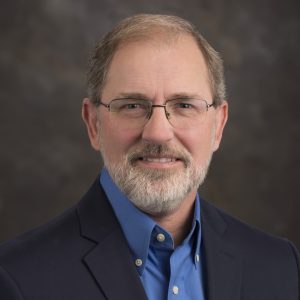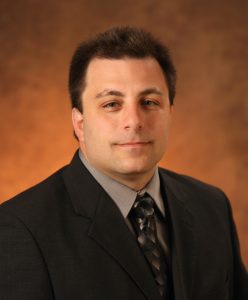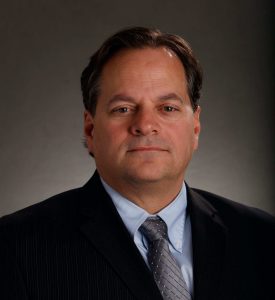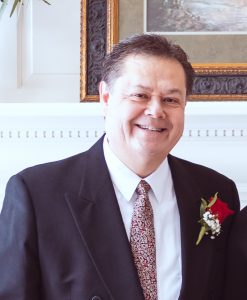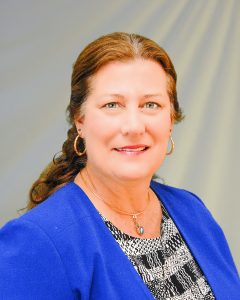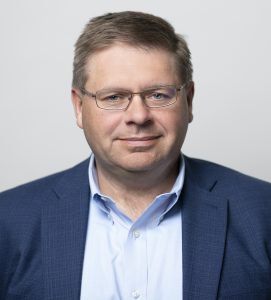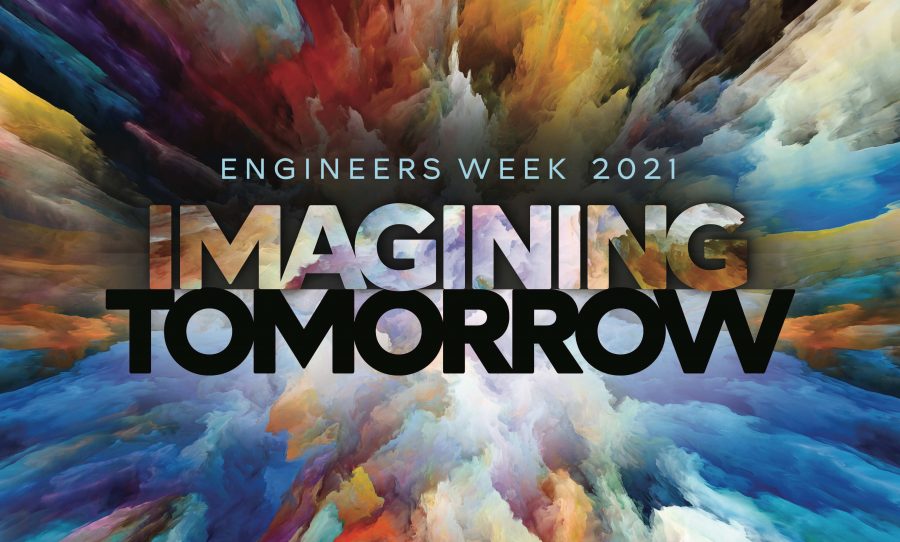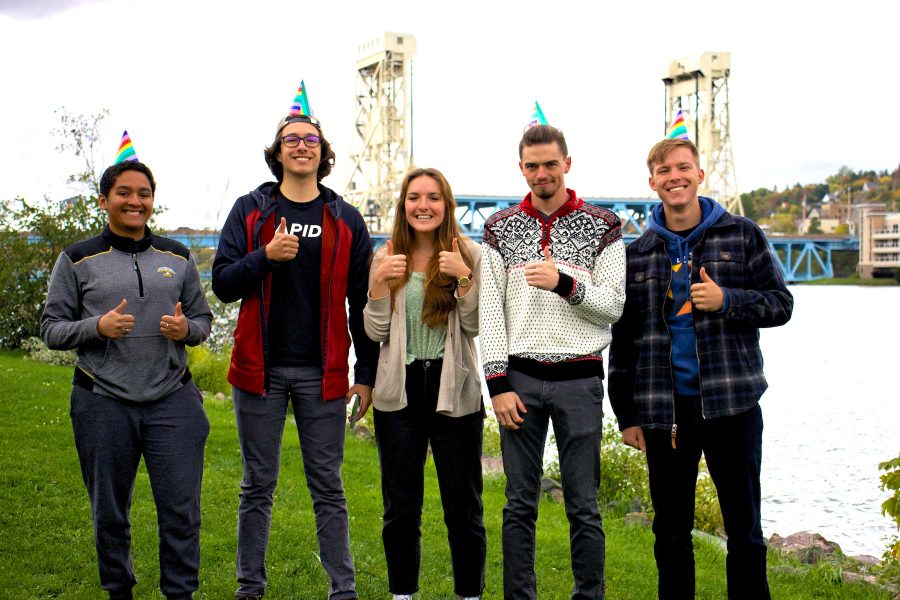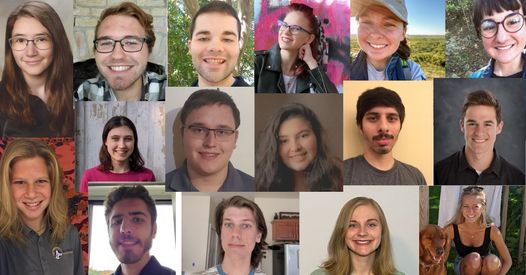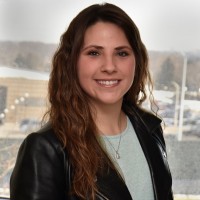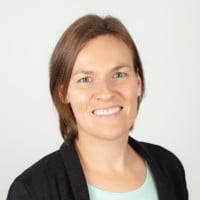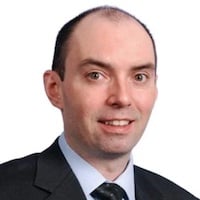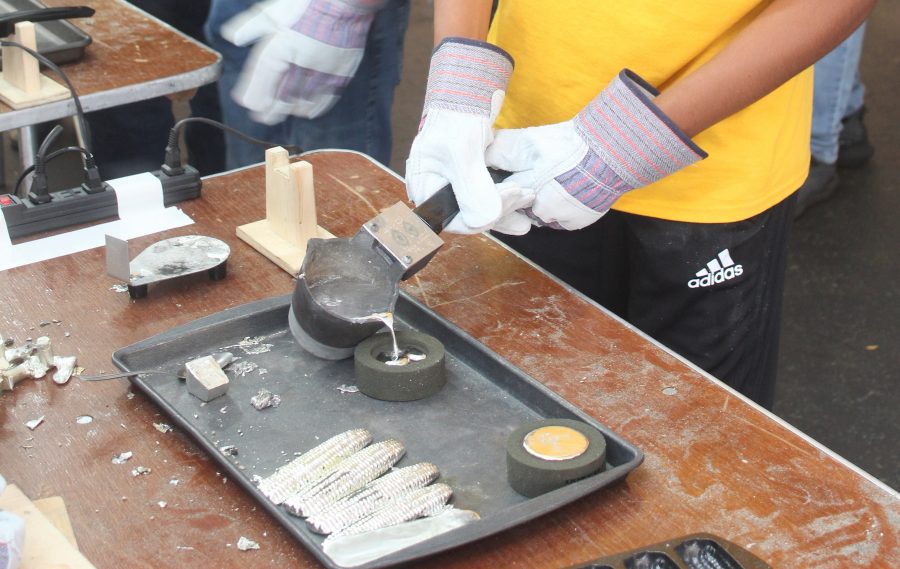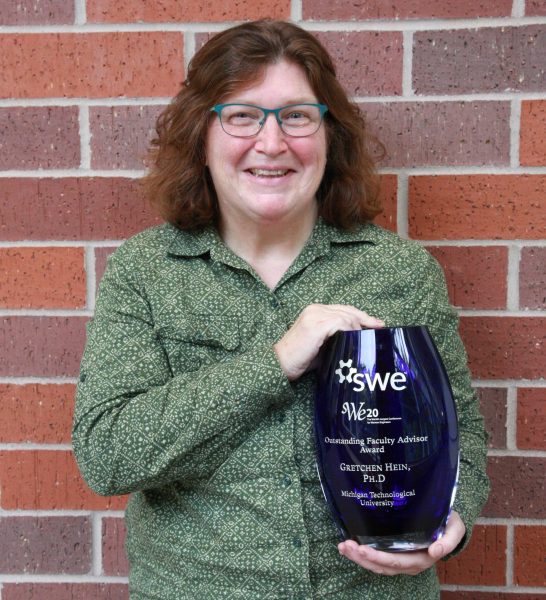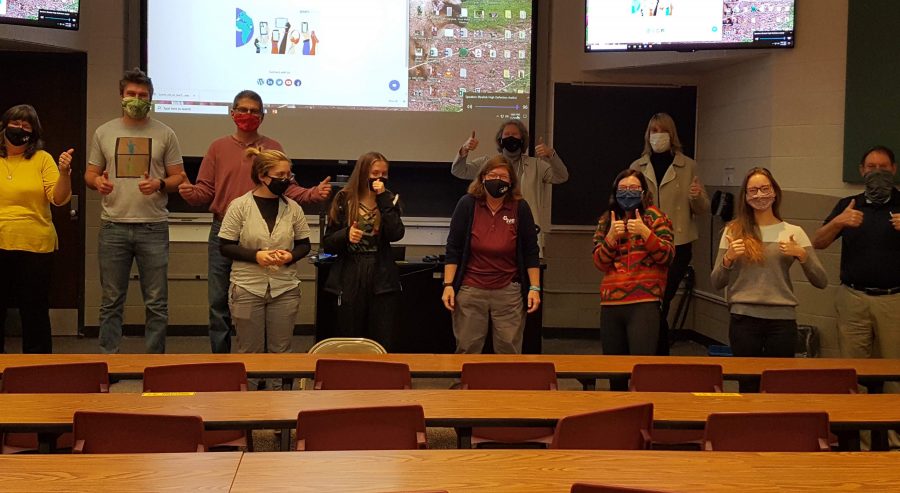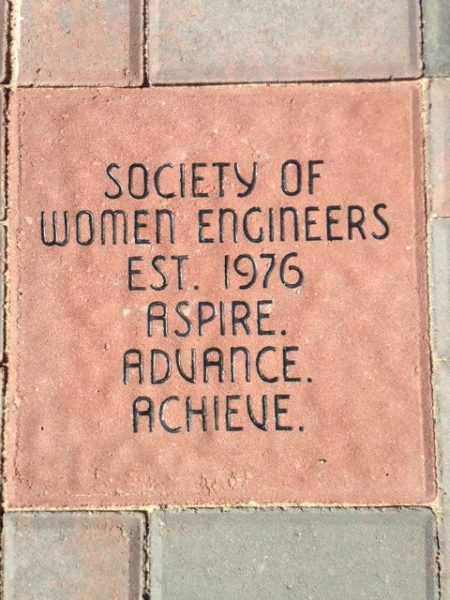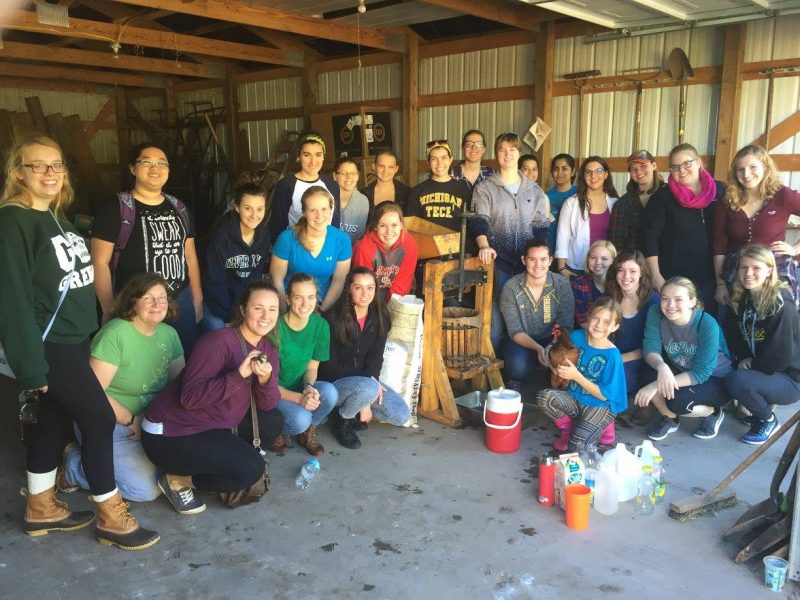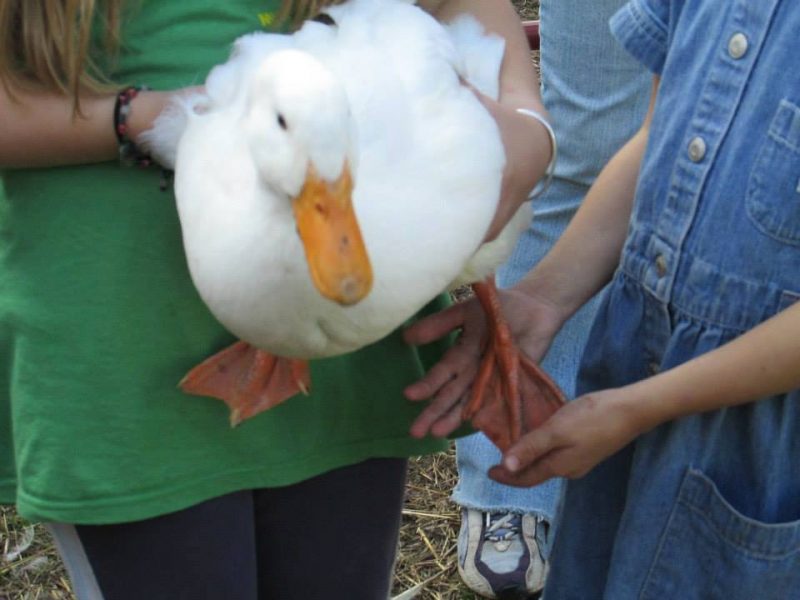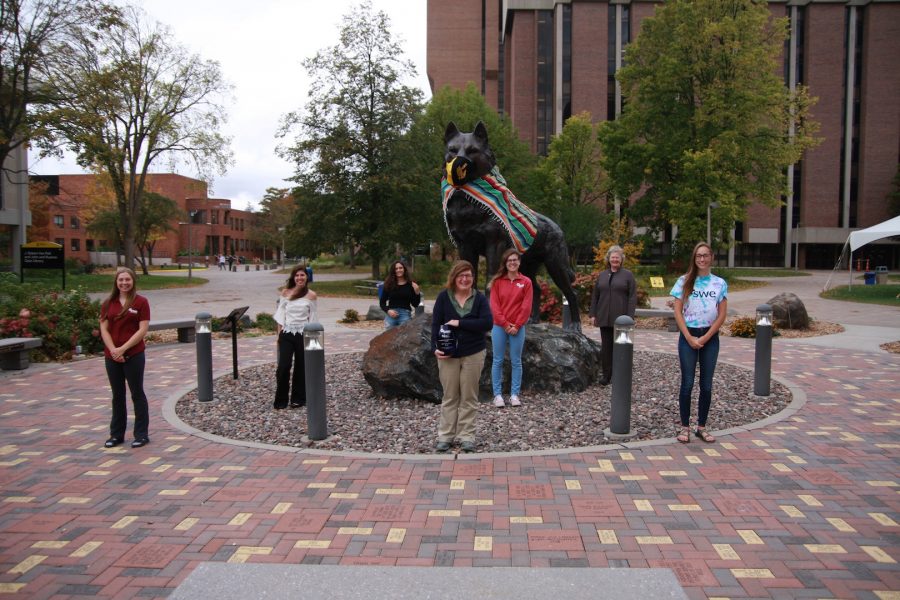
A recent study led by University of Wisconsin Oshkosh geologist Timothy Paulsen advances the understanding of the role continents have played in the chemical evolution of Earth’s oceans, with implications for understanding atmospheric oxygenation and global climate oscillations. The research team includes Chad Deering and Snehamoy Chatterjee, Dept. of Geological and Mining Engineering and Sciences at Michigan Technological University, and Jakub Sliwinski and Olivier Bachman, Institute of Geochemistry and Petrology, ETH Zurich.

The team’s research article, Continental Magmatism and Uplift as the Primary Driver for First-Order Oceanic 87Sr/86Sr Variability with Implications for Global Climate and Atmospheric Oxygenation, is featured on the cover of the February issue of GSA Today, published by the Geological Society of America.
The team analyzed a global database of the chemistry of tiny zircon grains commonly found in the Earth’s continental rock record. “We use zircon because it is very resistant to weathering and breakdown over a wide span of environmental conditions and can be dated accurately,” Deering explains. Zircon grains are about the size of the width of human hair; typically around 150microns.
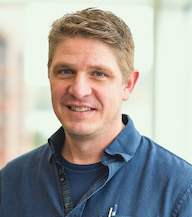
“Oceans cover 70% of Earth’s surface, setting it apart from the other terrestrial planets in the solar system,” said Paulsen, the lead author on the paper. “Geologists have long recognized that there have been profound changes in ocean chemistry over time.”
Yet there are significant questions about the drivers for changes in ocean chemistry in Earth’s past, especially associated with the ancient rock record leading up to the Cambrian explosion of life approximately 540 million years ago.
“Continents tend to be worn down by weathering and rivers tend to transport this sediment to the oceans, leaving scattered puzzle pieces for geologists to fit together,” said Deering, associate professor of Geological and Mining Engineering and Sciences at Michigan Tech, and coauthor on the paper. “There is increasing evidence that important pieces of the puzzle are found in the ancient beach and river sediments produced through continental weathering and erosion.”
The researchers’ findings, based on an analysis of an exceptionally large zircon data set from sandstones recovered from Earth’s major continental landmasses, may signify key links in the evolution of the Earth’s rock cycle and its oceans.
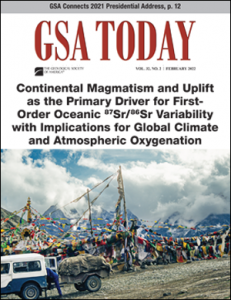
“Our results suggest that two major increases in continental input from rivers draining the continents were related to the break-up and dispersal of continents, which caused increased weathering and erosion of a higher proportion of radiogenic rocks and high-elevation continental crust,” Paulsen said.
“Both episodes are curiously associated with snowball Earth glaciations and associated steps in oxygenation of the atmosphere-ocean system. Geologists have long recognized that oceans are required to make continents. It would appear based on our analyses that the continents, in turn, shape the Earth’s oceans, atmosphere and climate.”
This study was funded by University of Wisconsin Oshkosh’s Faculty Development Program.
This news story written by Natalie Johnson, UW Oshkosh Today
For Immediate Release
Contact:
Natalie Johnson, UW Oshkosh
Kim Geiger, Michigan Tech
